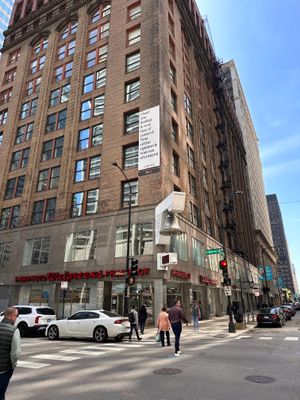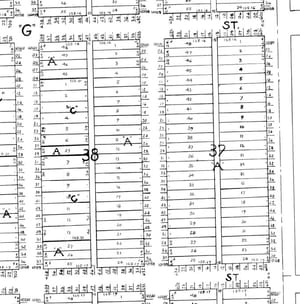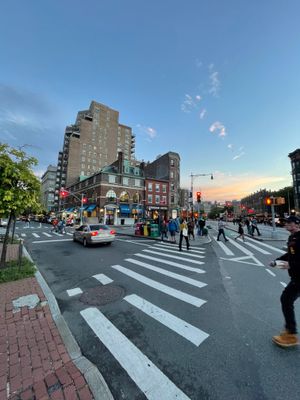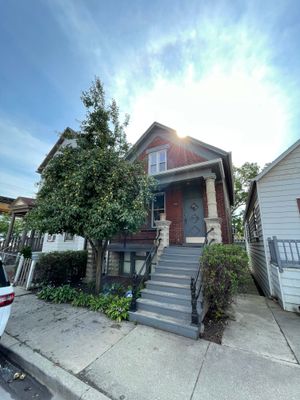
A season of arguments.
Chicago (October 4, 2022) - We are in the middle of a quirky season in the home buying business where a lender will require that real estate property taxes be paid at closing but the tax bills are unknown, unavailable, and not even due. Welcome to Cook County, Illinois, the second most populous county in the U.S. after Los Angles County.
So how does this even happen? Well, there are a couple reasons (and a quick search reveals a myriad of posts trying to explain it), but the easiest explanation I can think of is that your lender needs a little time after closing to set up your repayment account. This includes an escrow funded at closing to pay your future homeowner's insurance premiums and your property taxes, but the new loan servicer doesn't want to accept responsibility to start up disbursements from that account until the dust settles. It is likely more complicated than that, but you get the gist.
The specific closing requirement is that "taxes due within 60 days of closing" must be paid. And in Cook County, the 2nd installment tax bill reveals for the first time what our individual tax levy is for the preceding year. It is our first look at what we owe for the privilege of owning property...last year. Technically, the bills are due no sooner than 30 days from issuance; and the target date of release is July 1, making the due date on or about August 1. But don't hold your breath. Delays are common; and the reason this year is being blamed on the assessor's office migrating to a new computer system.
So why the arguments? Well, consider that the lender is chosen by the buyer, the soon-to-be-revealed tax bills are for the preceding year making it the seller's responsibility, the strong desire to settle all costs and obligations at closing, and the participation of a third party title insurance agent trying to meet the obligation put upon it by the lender, you end up with a lot of conflicting interests. Here is where the "title indemnity" is born.
What is a title indemnity? In this instance, it is an agreement funded by the buyer at closing to secure the future payment of those real estate taxes so that the lender's requirement can be met. The trouble is no one knows what the amount of those future taxes will be (or when it will become known). So it is possible thousands of dollars are added to the closing expenses of the buyer to resolve a quirky seasonal obligation that exists no where else in the country. And it doesn't help that an annual debate rages among real estate professionals of how to solve for this particular local idiosyncrasy. This year is a reassessment year for properties in the city, so the increase in those individual levies is more uncertain than ever.
We are recommending funding the title indemnity with two times the first installment for all Chicago properties, and one and half times the first installment for all other properties, paying particular attention to significant changes in reassessments. Once the bills are available, we will pay the property taxes and issue a refund of the overage. What if the balance held is insufficient? You will hear from us, through your attorney, almost immediately. The obligation remains to successfully pay those taxes for the benefit of the lender who would otherwise be unwilling to fund the transaction in our local season of peculiarity.







!["Mortgage rates hit highest [level] in 16 years."](/content/images/size/w300/2022/10/F75E69F9-6EE7-4C72-AC43-342CA53D8961.jpeg)
